Store Hours
Mon - Fri: 9:00 -17:30
Location
8 Heald Rd. Ingleburn, NSW 2565
7 Darnick St. Underwood QLD 4119
37 Barrie Rd. Tullamarine, VIC 3043
27 Rhur St. Dandenong Sth, VIC 3175
Mon - Fri: 9:00 -17:30
8 Heald Rd. Ingleburn, NSW 2565
7 Darnick St. Underwood QLD 4119
37 Barrie Rd. Tullamarine, VIC 3043
27 Rhur St. Dandenong Sth, VIC 3175
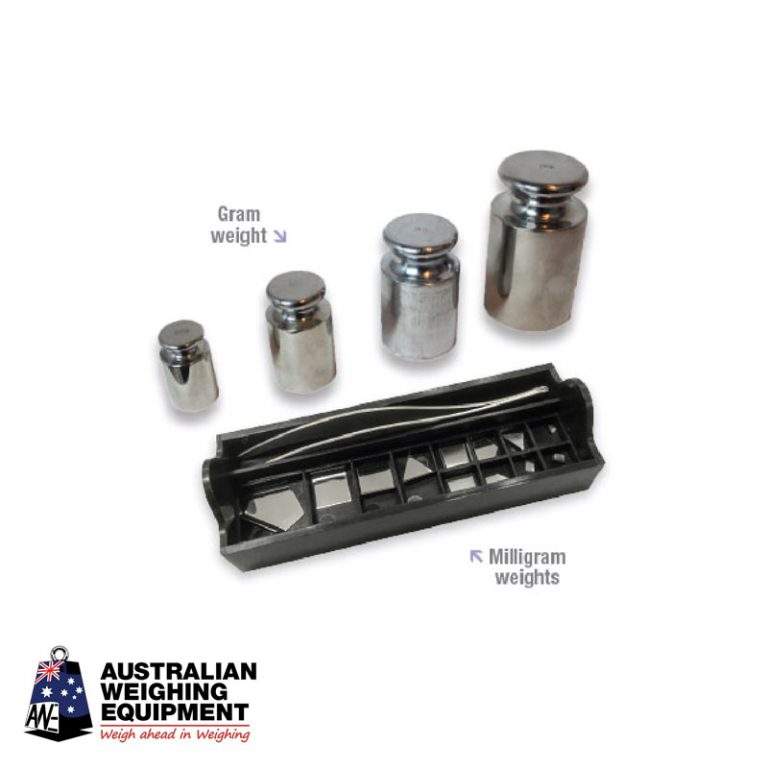
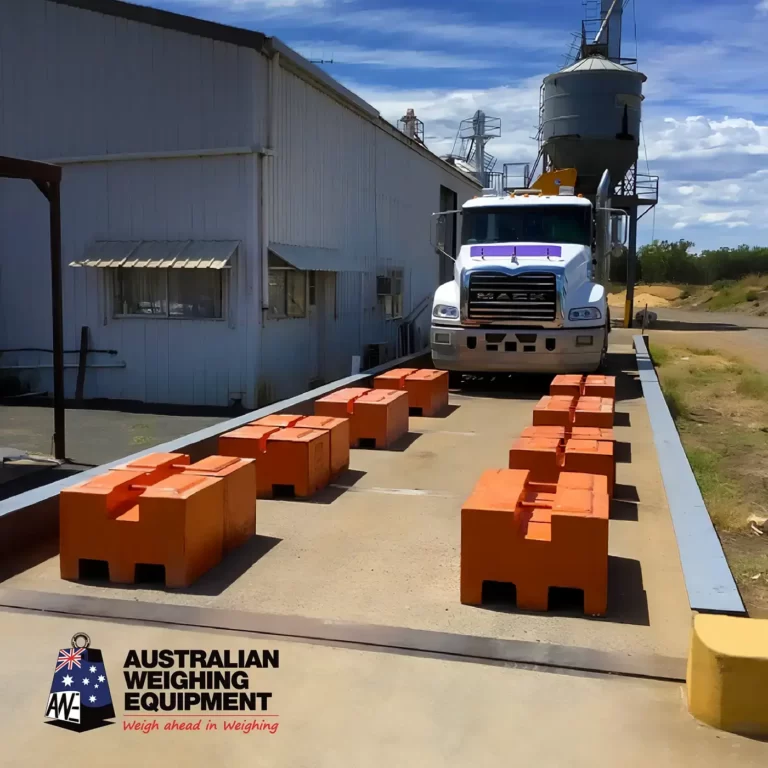
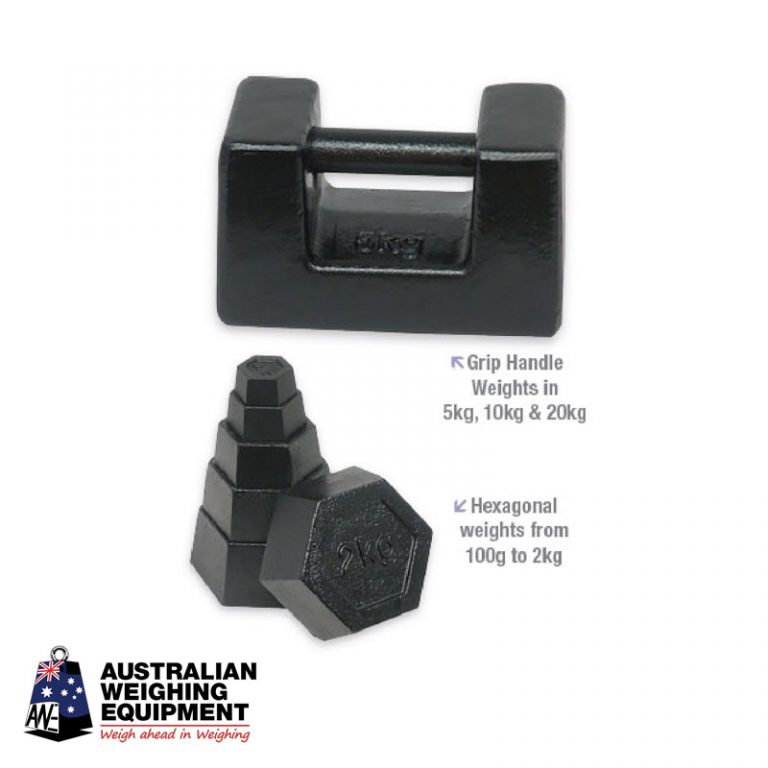
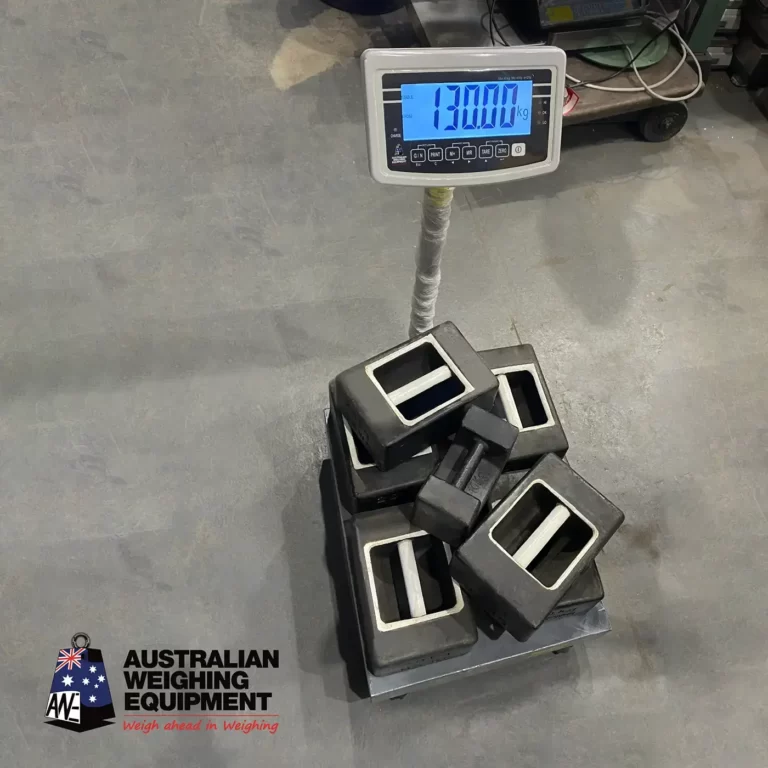
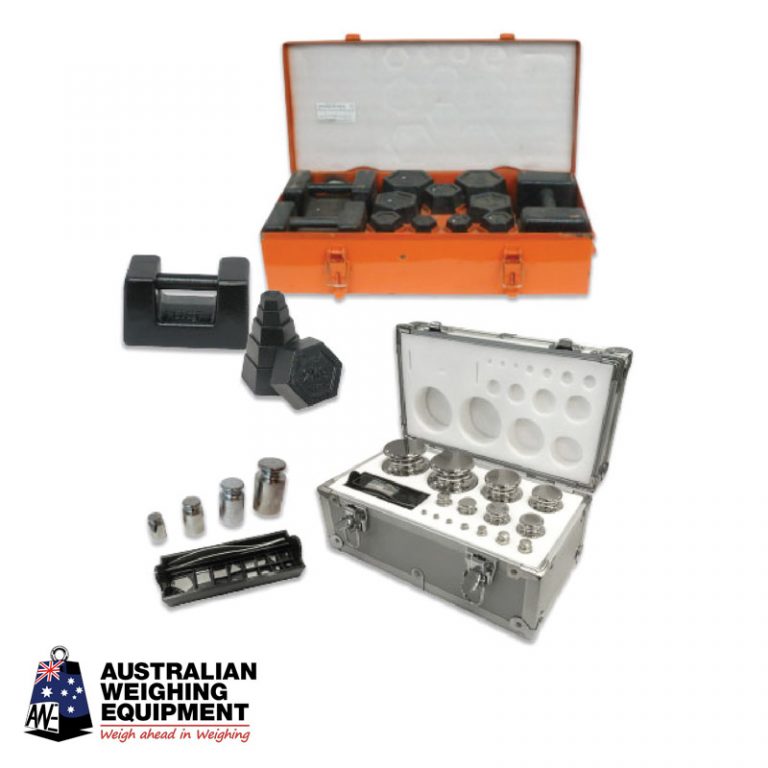
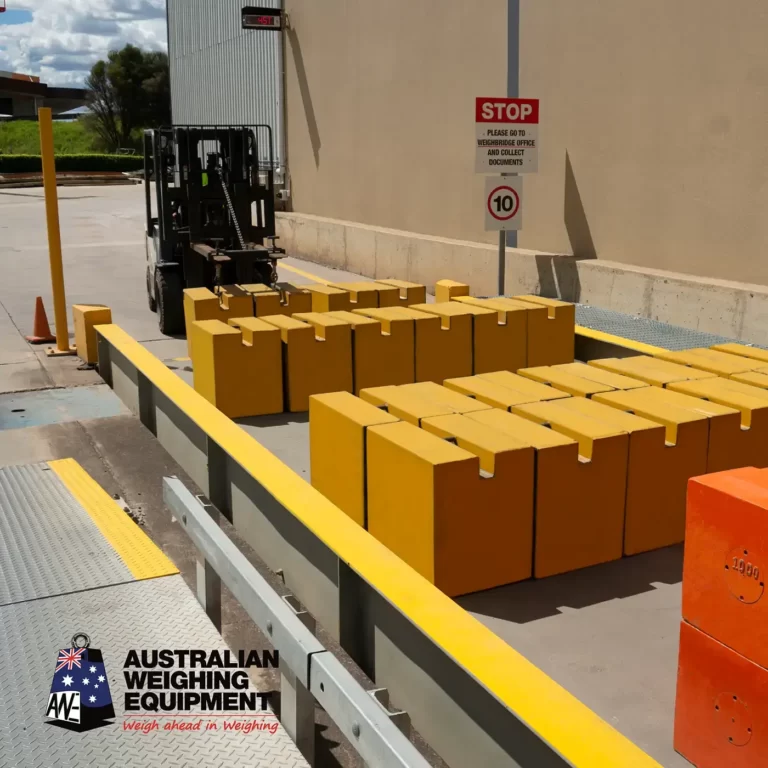
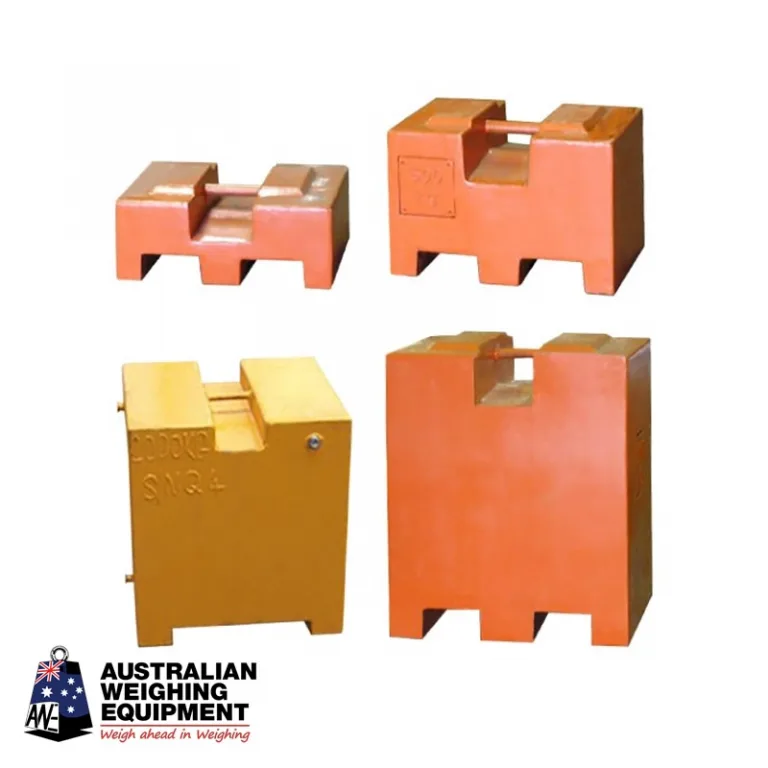
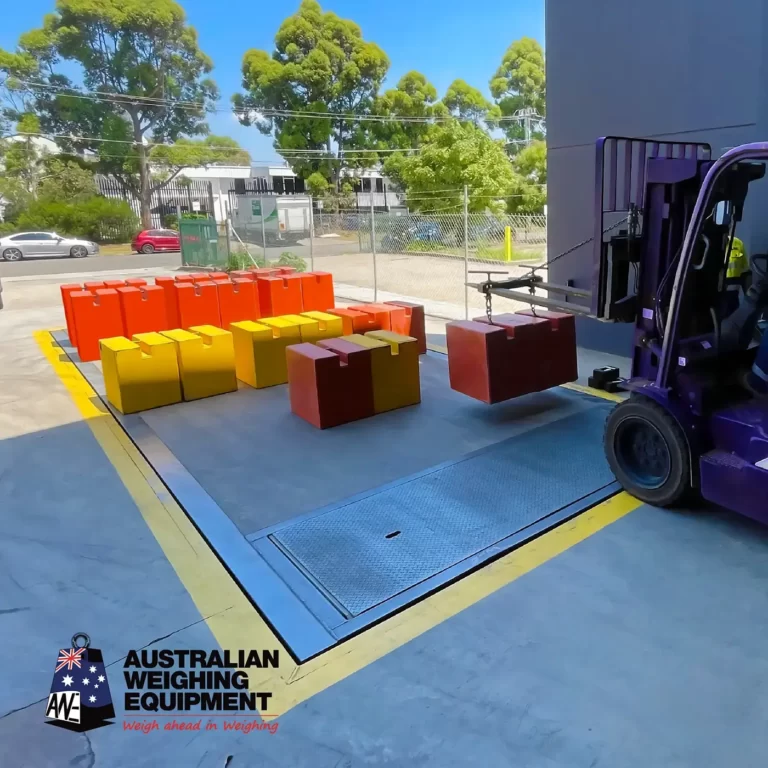
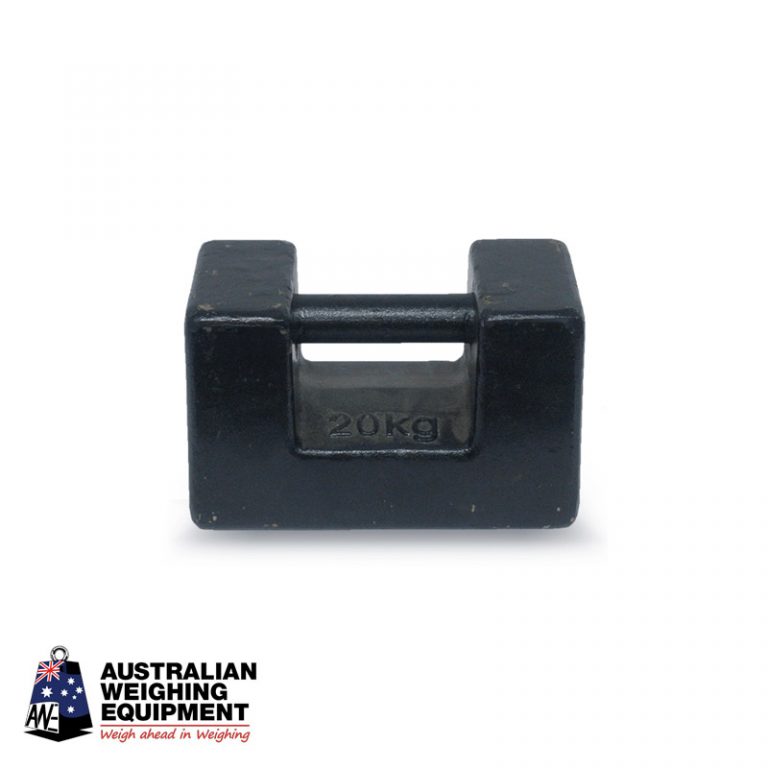
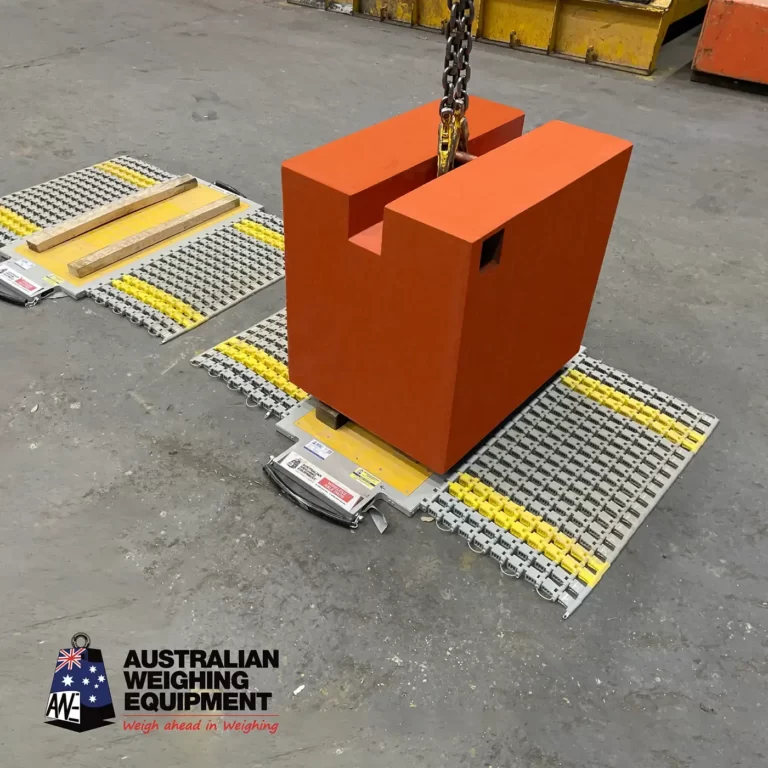
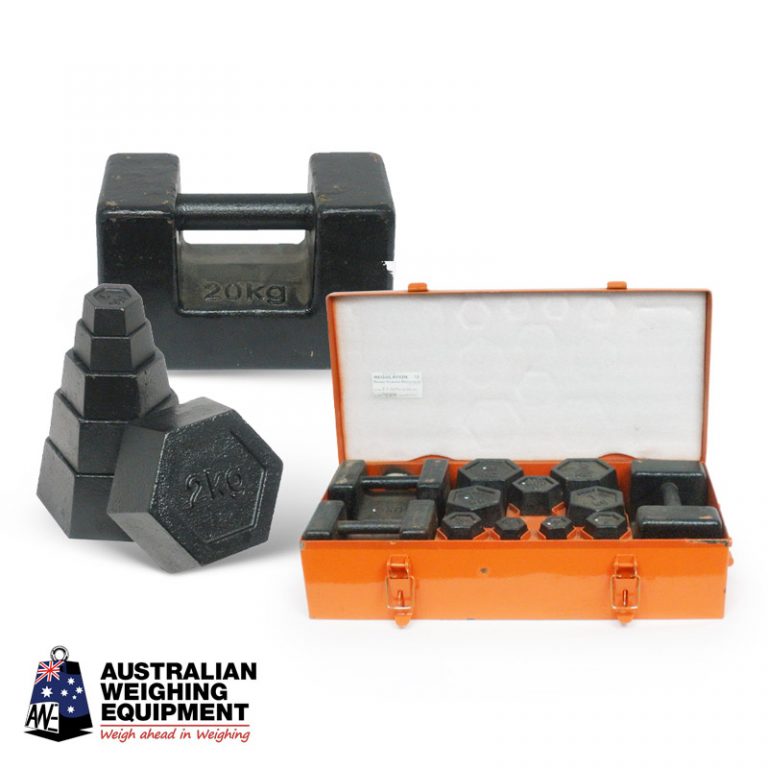
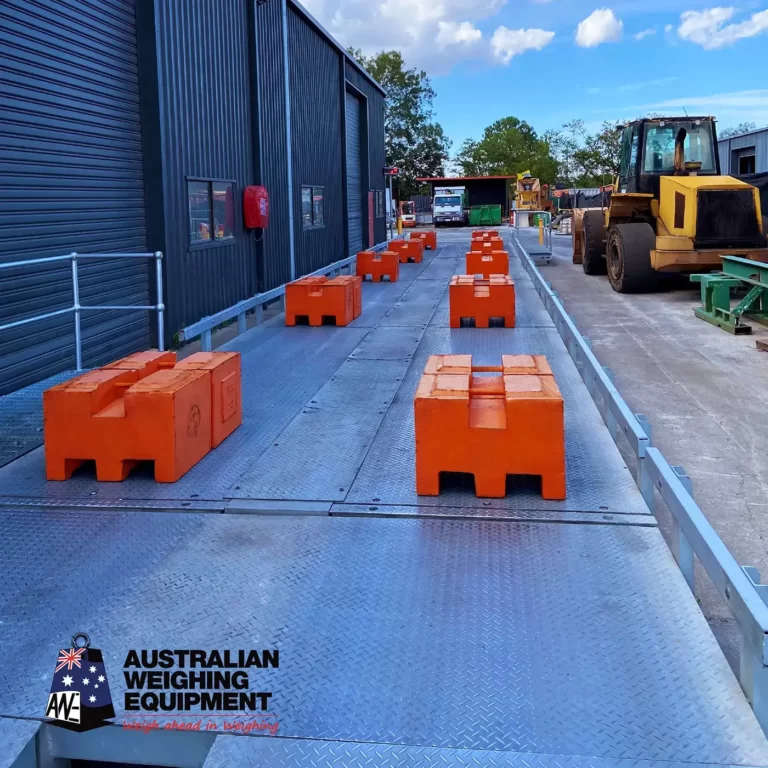
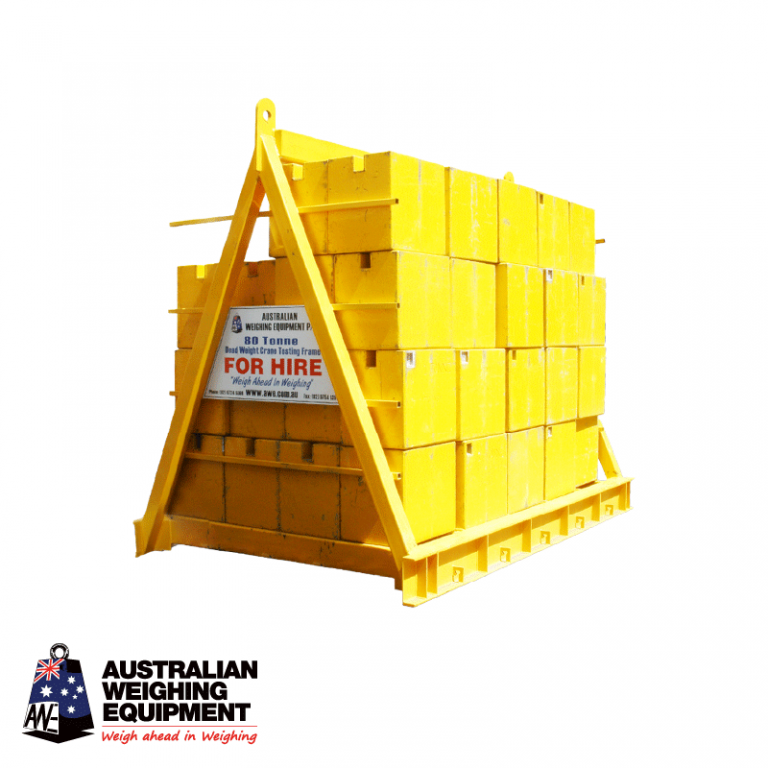
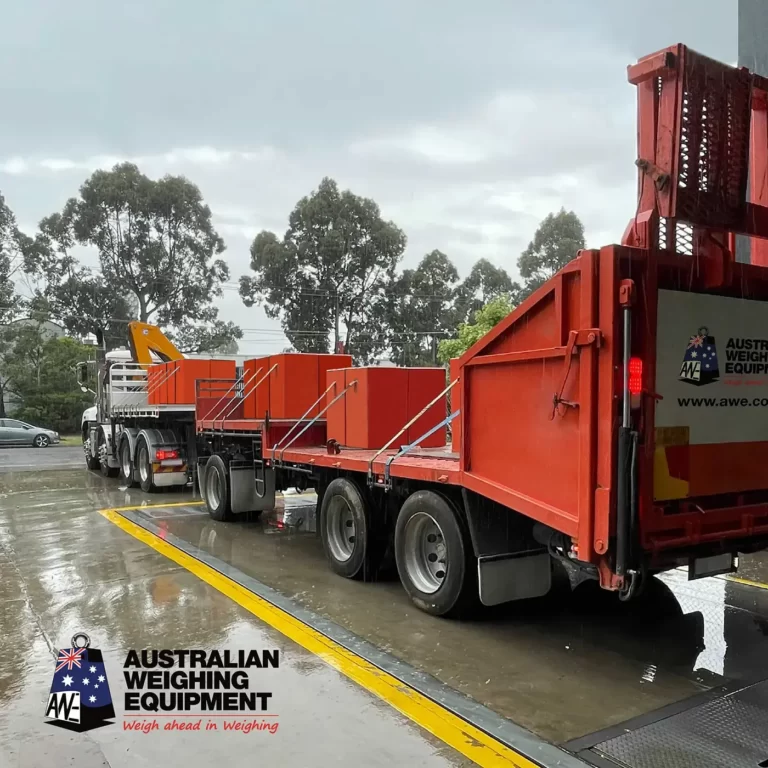
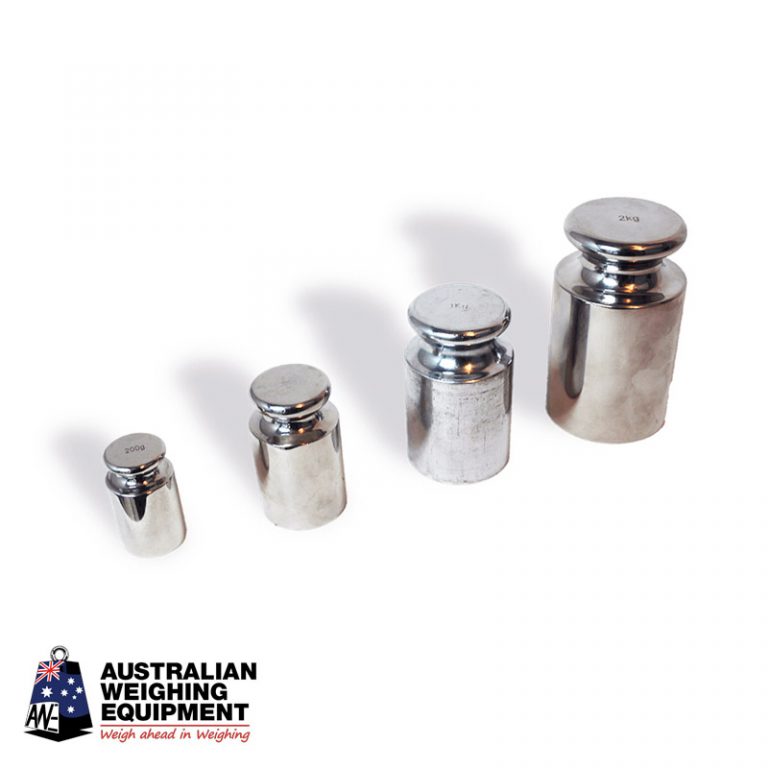
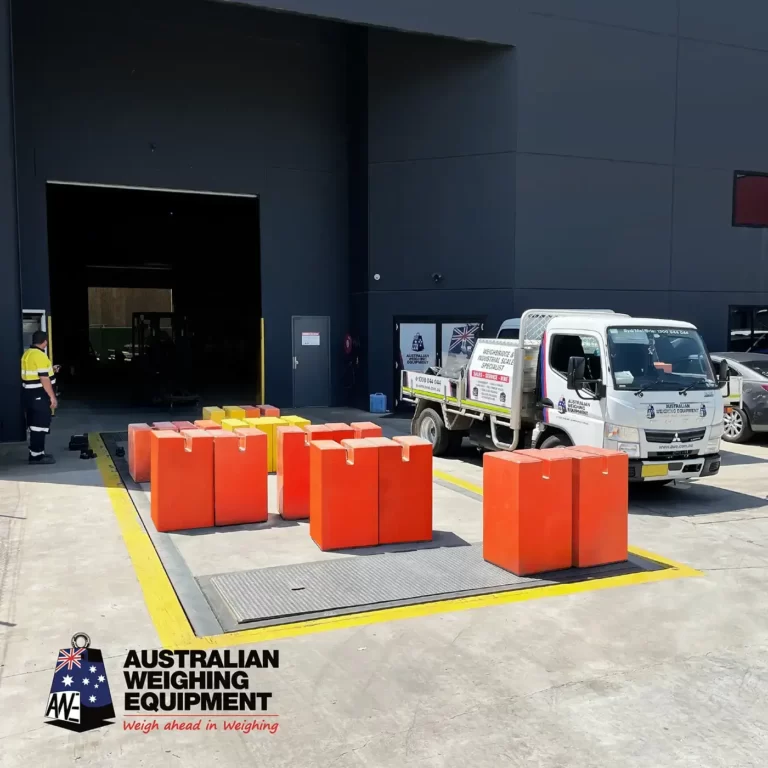
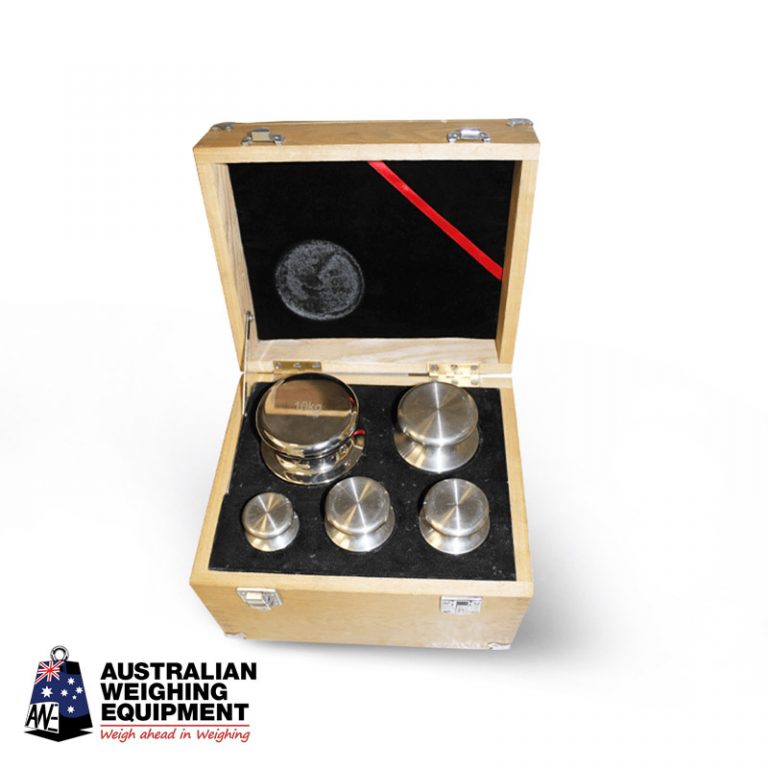
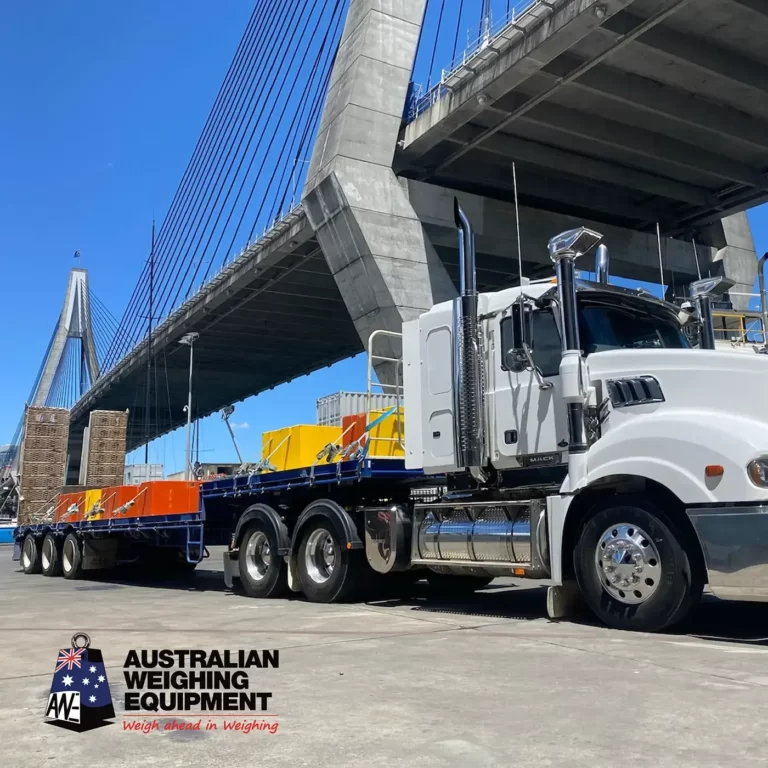
Fully calibrated Test weights for purchase or hire
We will get in touch with you shortly

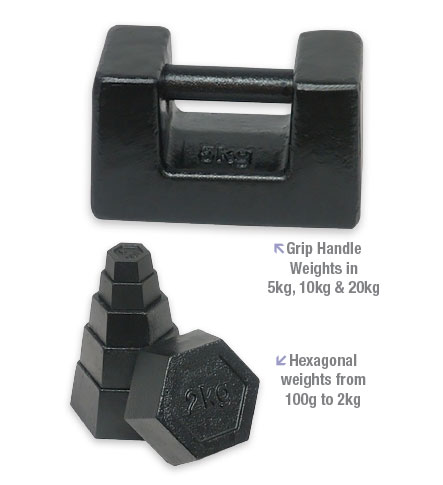
SMALL MASSES
ACCURACY CLASS
IDENTIFICATION
RE-CALIBRATION
SURFACE FINISH
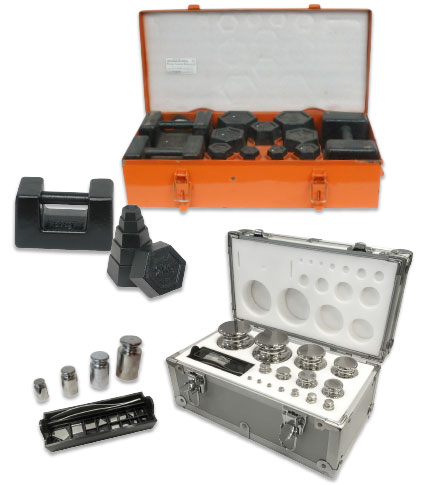
Key Features
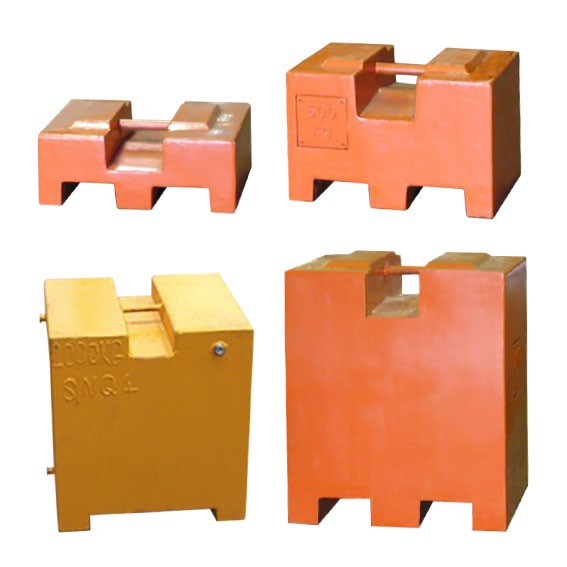
Key Features
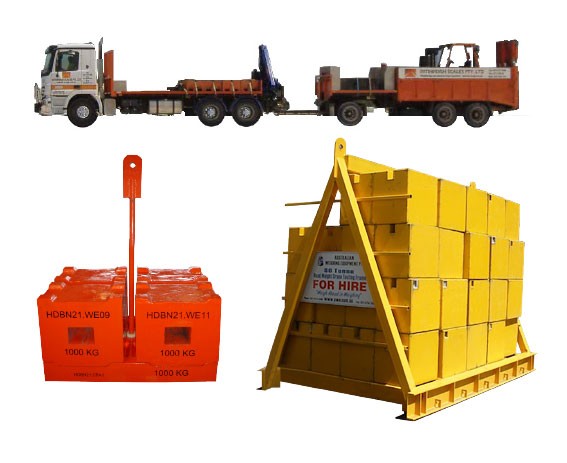
Key Features
What exactly are industrial weights or test masses, and what purpose do they serve?
Industrial weights, often referred to as test masses, are meticulously calibrated objects employed to validate the accuracy of weighing scales and measurement devices within industrial environments. They play a critical role in ensuring precise weight measurements for quality control, regulatory compliance, and operational efficiency.
How are test masses different from ordinary weights?
Test masses are crafted with exceptional precision and undergo rigorous calibration processes to guarantee their accuracy. Unlike ordinary weights, which may vary in accuracy and consistency, test masses adhere to stringent standards and are traceable to recognized metrology institutes.
What materials are commonly used in the manufacturing of test masses, and why?
Test masses are typically fabricated from high-density materials such as stainless steel, tungsten carbide, or brass. These materials are selected for their durability, resistance to corrosion, and ability to maintain stability over time, ensuring reliable performance in demanding industrial environments.
How frequently should test masses undergo calibration, and why is it necessary?
Calibration intervals for test masses depend on factors such as usage frequency, environmental conditions, and industry regulations. Regular calibration, typically performed annually or as per industry standards, is essential to uphold the accuracy and traceability of weight measurements, thereby maintaining the integrity of industrial processes.
Can test masses be tailored to specific industrial applications or requirements?
Yes, manufacturers often offer customization options for test masses to accommodate diverse industrial needs. Whether it’s adjusting mass values, modifying shapes, or incorporating specialized features, customized test masses ensure optimal performance and compatibility with unique application scenarios.
Are there any industry standards or regulations governing the use of test masses?
Yes, various national and international standards, such as ISO 9001 and ASTM E617, provide comprehensive guidelines for the calibration, handling, and utilization of test masses in industrial settings. Adherence to these standards is crucial for maintaining consistency, accuracy, and regulatory compliance in weight measurement practices.
What precautions should be observed when handling, storing, or transporting test masses?
Proper handling and storage are essential to preserve the integrity and accuracy of test masses. They should be shielded from environmental factors such as moisture, extreme temperatures, and corrosive substances. Additionally, care should be taken to prevent physical damage or contamination that could compromise their calibration and performance.
Home » Weighing Solutions » Test Weights
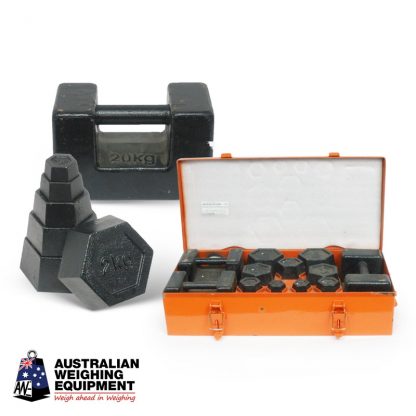
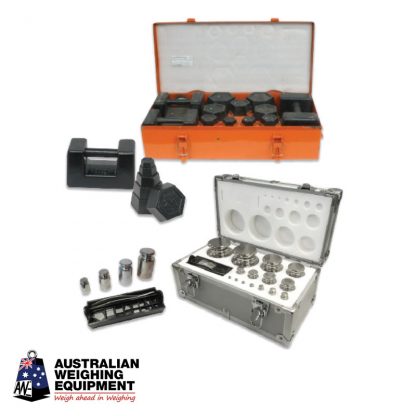
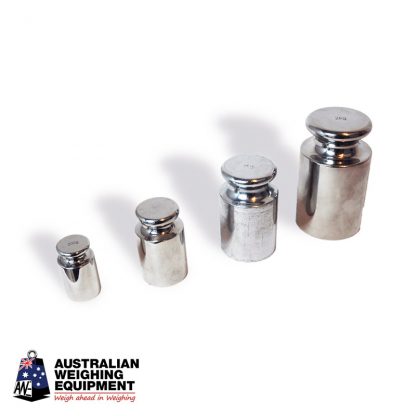
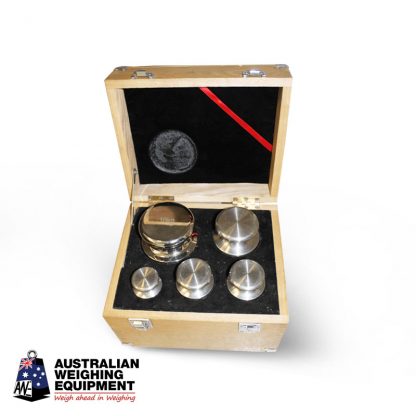
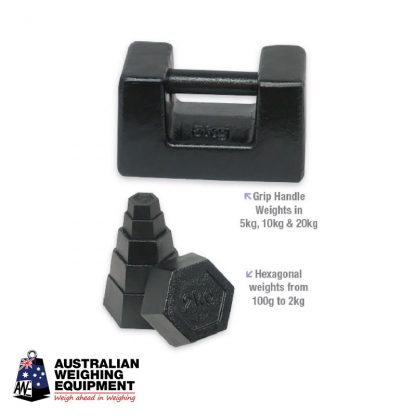
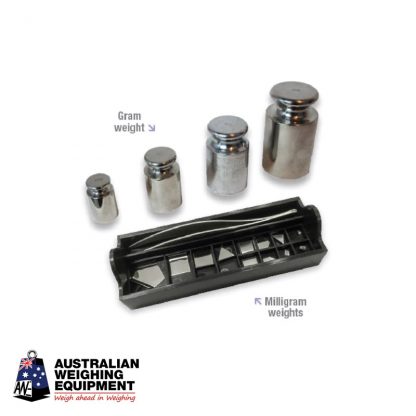
Fully calibrated weights for purchase or hire
We will get in touch with you shortly

STAINLESS STEEL TEST MASSES
ACCURACY CLASS
RE-CALIBRATION
IDENTIFICATION
BOX SETS

SMALL MASSES
ACCURACY CLASS
IDENTIFICATION
RE-CALIBRATION
SURFACE FINISH

Key Features

Key Features

Key Features

STAINLESS STEEL TEST MASSES
ACCURACY CLASS
RE-CALIBRATION
IDENTIFICATION
BOX SETS

SMALL MASSES
Accuracy Class
Re-Calibration

Key Features

Key Features

Key Features

Hotline:
1300 044 044